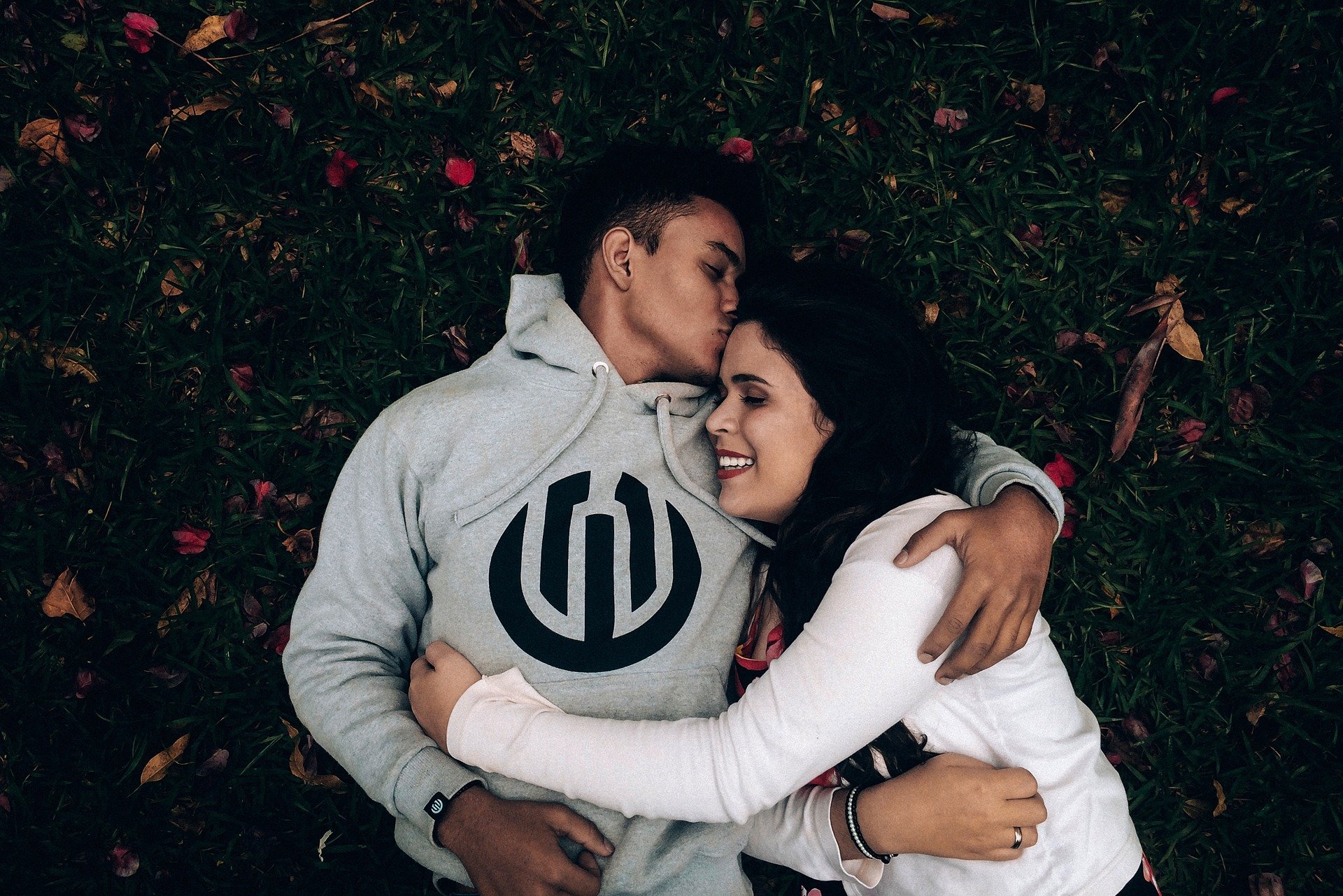News release
From:
Social touch deprivation during COVID-19: effects on psychological wellbeing and craving interpersonal touch
Royal Society Open Science
In this unique situation of pandemia, most individuals experience social isolation and distress. While previous work suggests that touch can buffer feelings of social isolation, interpersonal touch experience has been affected due to distancing policies. We conducted an online-study during the first lockdown period to examine touch experiences during COVID-19, their impact on mental health and craving touch. Results highlight that intimate touch deprivation during COVID-19 is associated with higher anxiety and greater loneliness, and is reported as the type of touch the most craved. These findings point to the important role of interpersonal and particularly intimate touch in times of distress.



 International
International


